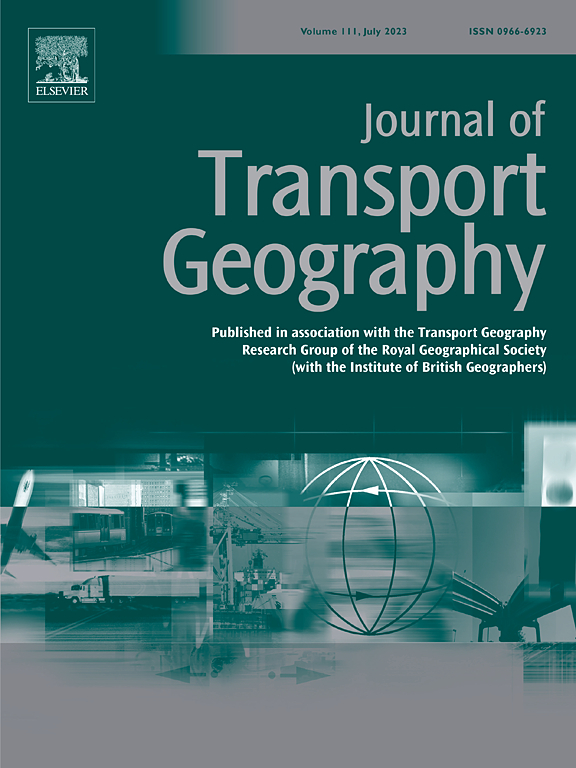Liquefied natural gas trade network changes and its mechanism in the context of the Russia–Ukraine conflict
IF 5.7
2区 工程技术
Q1 ECONOMICS
引用次数: 0
Abstract
Liquefied natural gas (LNG), as a transitional fossil fuel, plays a vital role in the modern energy transition process. In the context of the Russia–Ukraine geopolitical conflict, studying the evolution pattern and mechanisms of LNG trade networks is crucial for maintaining global energy security, particularly for countries relying on LNG imports. The study is based on multisource big data from 2021 to 2022, including Automatic Identification System (AIS) data, Gdelt news data, and remote sensing satellite data. It utilizes complex network metrics and the temporal exponential random graph model (TERGM) method to analyze the evolution patterns and mechanisms of the global LNG trade network. The research findings indicate the following: (1) The Russia–Ukraine conflict has led to a significant increase in LNG imports by European countries. Many countries have opened temporary direct shipping routes, which has accelerated the decline in the average path length of the network and improved network efficiency. (2) The global LNG trade community trend has been strengthened by the Russia–Ukraine conflict. The number of members within the trading community in which the United States is located has increased, with some European countries moving into this community. (3) The reciprocal structural characteristics of the LNG trade network drive its development, and the expansion of the national port handling capacity ability also drives network growth. Conversely, large differences in geopolitical relations, culture, and levels of governance between countries can hinder global LNG network development. This study provides a theoretical basis and decision-making reference for energy security under major geopolitical conflicts.
俄乌冲突背景下的液化天然气贸易网络变迁及其机制
液化天然气(LNG)作为一种过渡性化石燃料,在现代能源转型过程中起着至关重要的作用。在俄乌地缘政治冲突的背景下,研究LNG贸易网络的演变模式和机制对于维护全球能源安全至关重要,特别是对于依赖LNG进口的国家而言。该研究基于2021 - 2022年的多源大数据,包括自动识别系统(AIS)数据、Gdelt新闻数据和遥感卫星数据。利用复杂网络度量和时间指数随机图模型(TERGM)方法分析了全球LNG贸易网络的演化模式和机制。研究结果表明:(1)俄乌冲突导致欧洲国家LNG进口量显著增加。许多国家开设了临时直航航线,加速了网络平均路径长度的下降,提高了网络效率。(2)俄乌冲突强化了全球LNG贸易共同体趋势。美国所在的贸易共同体的成员数量有所增加,一些欧洲国家也加入了这个共同体。(3) LNG贸易网络的互惠结构特征推动其发展,国家港口装卸能力的扩大也推动网络增长。相反,各国之间地缘政治关系、文化和治理水平的巨大差异可能会阻碍全球LNG网络的发展。该研究为重大地缘政治冲突下的能源安全提供了理论依据和决策参考。
本文章由计算机程序翻译,如有差异,请以英文原文为准。
求助全文
约1分钟内获得全文
求助全文
来源期刊

Journal of Transport Geography
Multiple-
CiteScore
11.50
自引率
11.50%
发文量
197
期刊介绍:
A major resurgence has occurred in transport geography in the wake of political and policy changes, huge transport infrastructure projects and responses to urban traffic congestion. The Journal of Transport Geography provides a central focus for developments in this rapidly expanding sub-discipline.
 求助内容:
求助内容: 应助结果提醒方式:
应助结果提醒方式:


